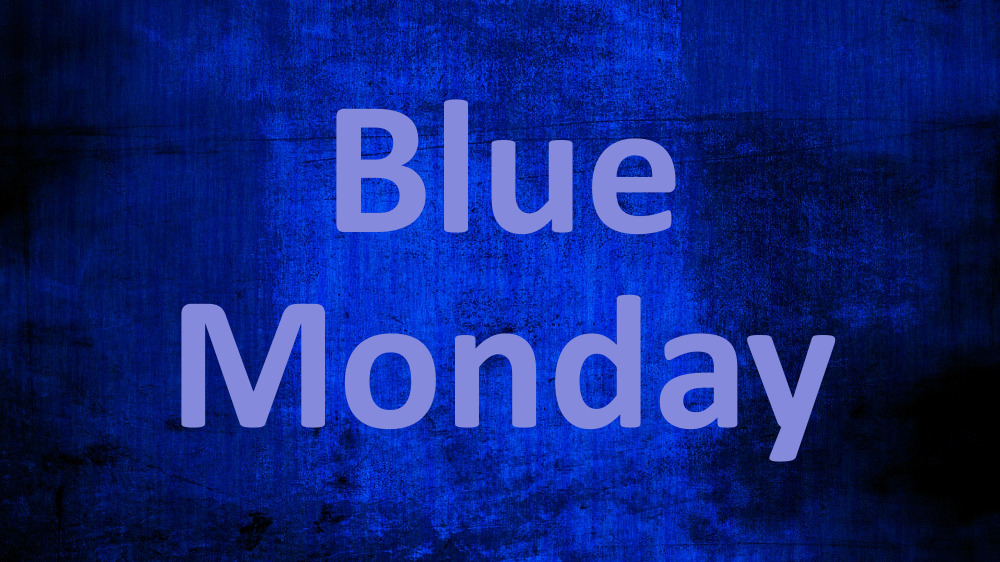Blue Monday, officially known as the most depressing day of the year and generally marked by rising employee absence rates, will hit UK workforces next Monday (16 January). Adrian Lewis, Director of Activ Absence says that companies should not only expect the usual bout of seasonal illnesses, but be on the lookout for signs of long-term issues such as employees suffering from stress-related illnesses.
Prime Minister Theresa May this week discussed the UK’s growing mental health crisis – however, an online poll commissioned by National Accident Helpline has indicated that stress levels are increasing for UK workers. It surveyed 2000 UK Twitter users as they returned to work this January and found that almost half (48%) said they were more stressed than this time last year. Only one in four (27%) felt less stressed, while the remaining one in four (25%) reported that their stress levels had not changed.
How bad is the UK’s stress epidemic?
The stress poll was built on findings from the company’s Recovery Survey, which questioned more than 700 people in the UK in October 2015 and found that around a fifth (18%) of UK workers had taken time off work for stress. Almost two-fifths of employed respondents (38%) rated their average stress level as six or more out of 10. The reasons given for the stress at work included workload (38%), work-life balance (24%), bosses (20%) and colleagues (16%).
Why will stress hit home on Blue Monday?
Adrian Lewis says: “A combination of factors will be felt as Christmas festivities are replaced with the realities of being back at work. In January, seasonal illness and cold weather combine and New Year’s resolutions prove hard to stick with for many. The recent changes in the global political landscape may also be increasing stress levels for some this year.
“Blue Monday is notorious for a rise in sickness absence, as weary workers cannot face coming into work – it’s a long month, too, with financial woes often adding to the problem for an already stressed workforce. It’s a challenge that HR professionals face every year.
“Mental health issues often create a pattern of short-term sickness absence, and sufferers often find it easier to face disciplinary action for faking a sickie than to admit they have a mental health issue, because of the stigma attached to this. Not only does ‘being trouble’ make them feel even worse, it also prevents them from getting the support they could get if their managers were aware of the problem.
“In our experience, having absence management software to spot trends and patterns of sickness absence, combined with good HR practice (such as gentle rather than punitive return to work interviews) can enable a skilled line manager or HR expert to identify the real reason for absence and offer their support, whether in the form of a referral to occupational health, to suggest the employee visits their GP, or even just to provide someone to listen to the challenges employees may be facing outside work.”
How do workers deal with stress?
One of the recommended ways of dealing with work-related stress is to talk to colleagues, not just on Blue Monday but throughout the year. Other popular stress remedies include turning to comfort food and drink (18%), doing more exercise and surfing the internet for remedies.
Why should we care about stress at work?
Adrian adds: “Stress and depression may make workers ‘unhappy’, but it also affects every aspect of a person’s life. It impacts on productivity, on the atmosphere in an office, on their family life and their wellbeing as a whole. It also makes workers more prone to other illnesses. That said, it’s also a major illness in its own right – and it can be fatal.
“There were 6,581 suicides in the UK last year and line managers can play a vital role in seeing this figure reduced. As ‘first line’ responders, it would be great to see them getting more training and helping identify a stressed workforce early on.
“This Blue Monday it might be time to think about the next steps to creating a relaxed, happy, productive workforce – and preventing these tragic figures from repeating in 2017.”















